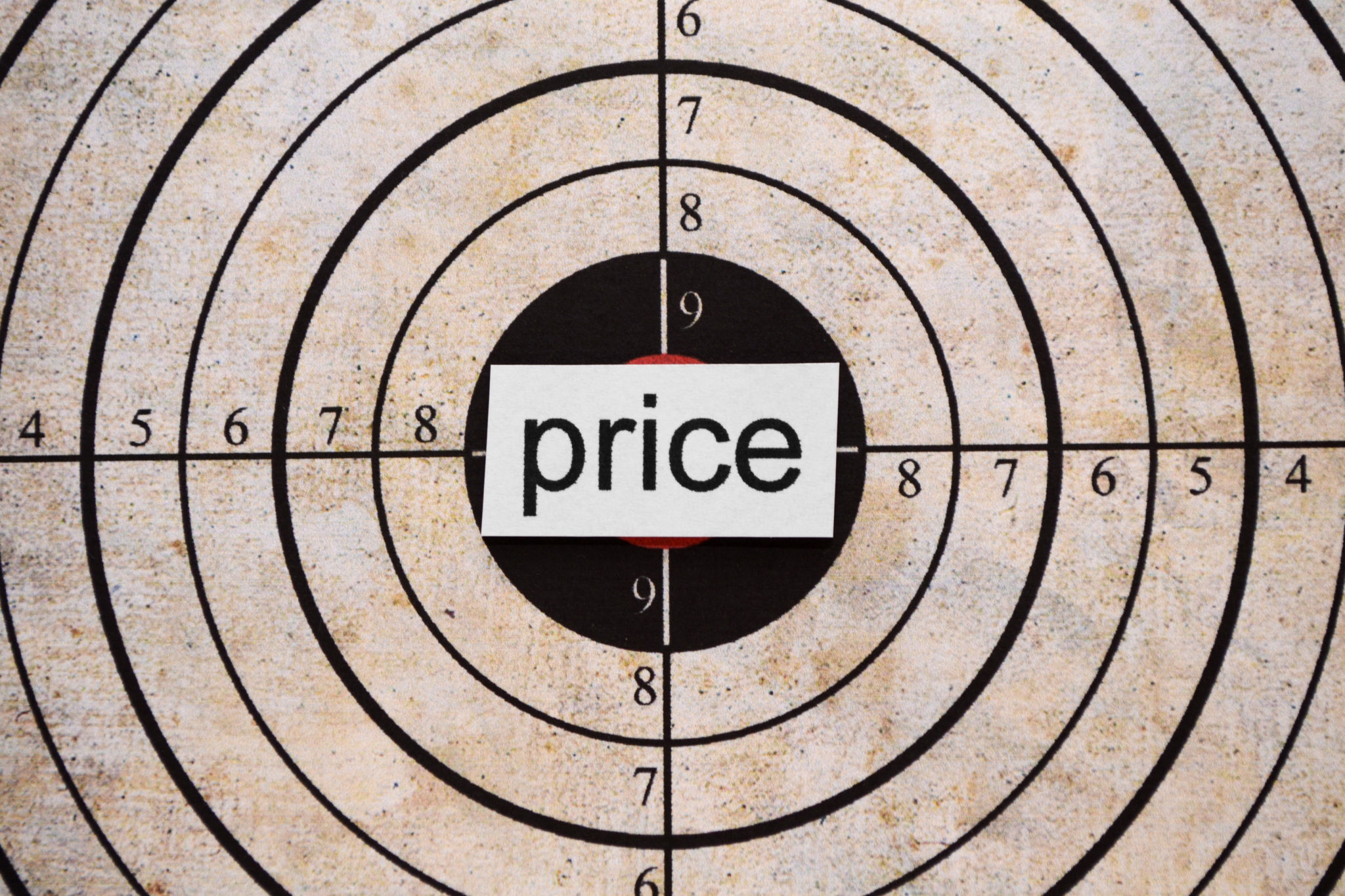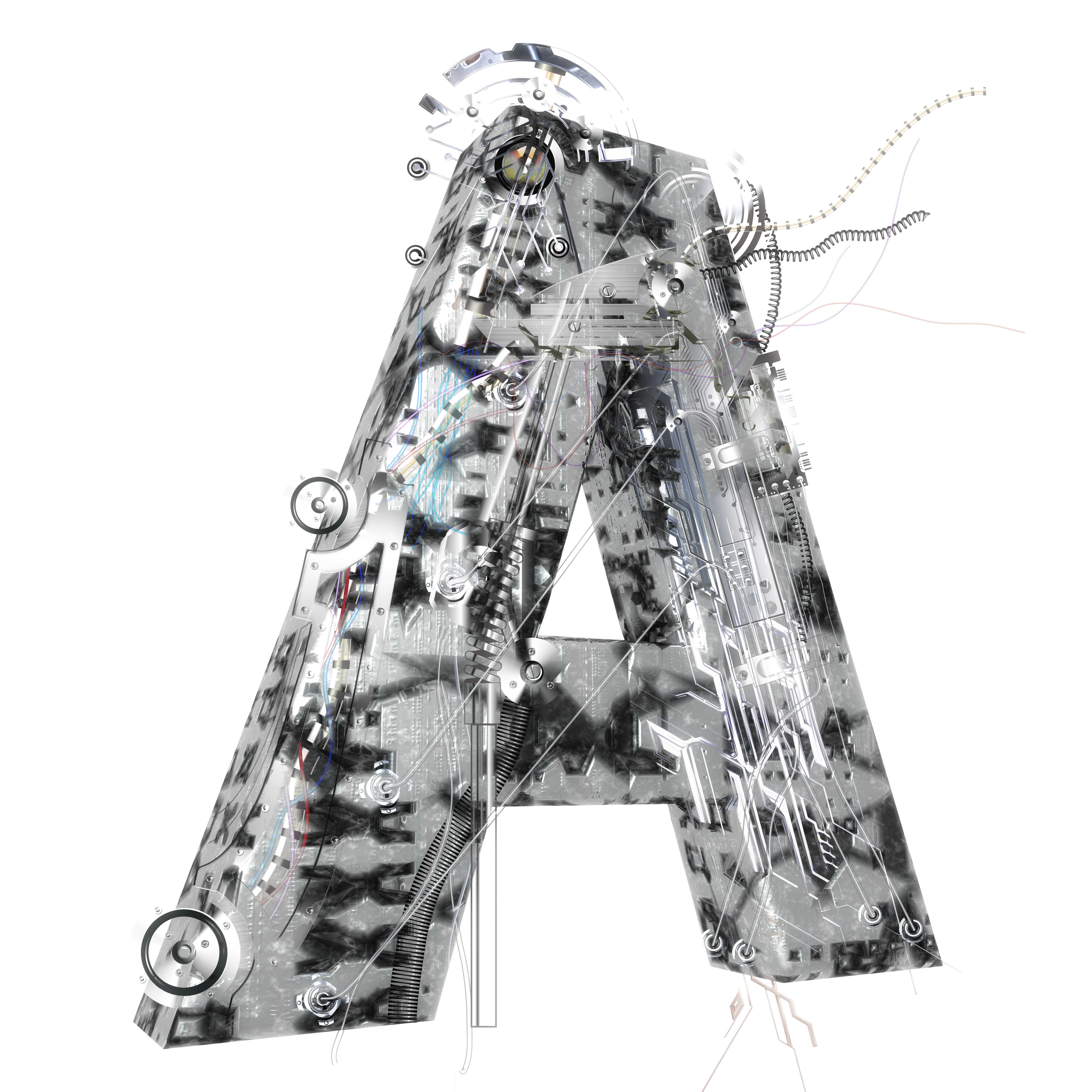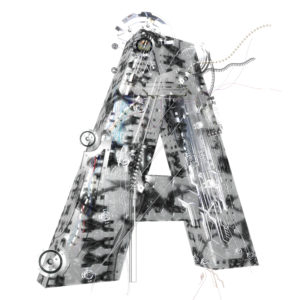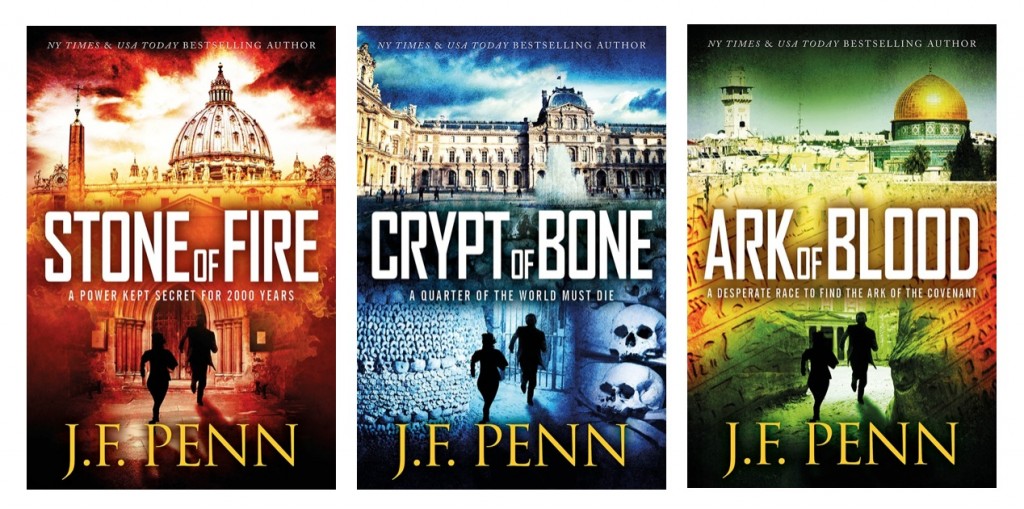Throwback Thursday – sharing some of our great older posts that still are important today!
~ * ~
Blogs are a few years old in the tech industries, but now they are a must-have for authors who want to get the word out. If you don’t have a blog yet, here’s why you need to get blogging!
1. People can find you and your books on the internet.
Google loves blogs and regular content updates. Blog software allows you to update your blog whenever you like, creating extra pages for your website. These are indexed and over time you can build up a great internet presence so people can find you when searching.
2.Connect with like-minded people.
Being a blogger opens up a new world of networking. You can connect with other authors who blog, or literary agents, publishers and communities all over the world.
3.Two way interaction and feedback.
You can allow comments on your blog so people can connect with you directly by leaving a message. You can also comment on other blogs. This allows an interaction that cannot be achieved by a static website or email.
4.Marketing you as an author.
You can add all sorts of information about yourself at your blog, including photos, videos and examples of your work. You can list your publishing credits, your ebooks, articles, media appearances and anything else you want to use to market yourself as an author.
5.Book promotion.
Have a special page for your book where you can add photos, your book trailer, downloads of chapters and any other information on your book. You can do special blog posts, for example, an interview with you talking about your book, or a giveaway.
6.Online sales channel.
You can use your blog as a place to sell your books and services. If you integrate with a shopping cart or use a service like Smashwords or Clickbank, you can add links for these Buy Now pages.
7.Writing practice.
Blogging is a very dynamic way of writing. Sometimes you will get an idea and want to blog on it immediately. You will do some research, try to write something catchy or useful, and then post it all very quickly. Sometimes you might spend a lot longer on one piece, but generally you write between 500-800 words and get it out there. If you get “bloggers block”, then chances are you are not interested enough in the material to sustain a blog on it, so move on!
8.Blog your book.
You can use your book as the key material for your blog. Take excerpts and use them as posts, and then spin off from those posts into new things. This will get you traffic related to your topic/book subject so make sure you have a sales page that allows people to buy your book.
9.Build an audience.
People can subscribe to your blog through an RSS feed which means you can build a following who read your work. You can build relationships with these people and get direct feedback through comments and seeing how people respond to your posts.
10.Build your platform.
Publishers these days want a “platform” meaning that you have a following, people who will buy your books. If you are self-published, this is even more important as you will need to sell it yourself. Blogging enables you to build this platform in terms of a body of work, an online presence, knowledge of the industry and marketing as well as hopefully some people who are interested in what you have to say.

 Picking the right font for your Kindle or Nook can enhance your reading experience. Some fonts are easy on the eyes, some have a ton of personality, and some tell stories of their own. Here are some fonts the experts suggest for your devices.
Picking the right font for your Kindle or Nook can enhance your reading experience. Some fonts are easy on the eyes, some have a ton of personality, and some tell stories of their own. Here are some fonts the experts suggest for your devices.

 At BooksGoSocial we have promoted over three thousand books in the past three years.
At BooksGoSocial we have promoted over three thousand books in the past three years.
 With
With 
